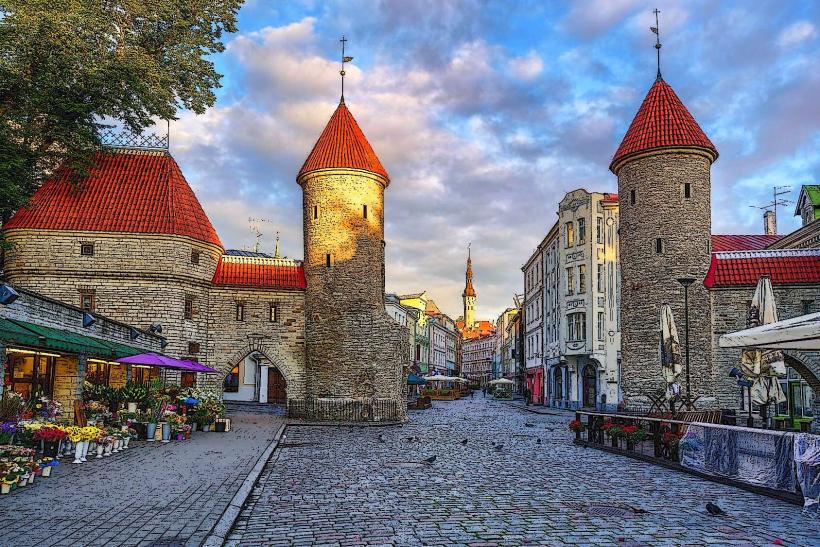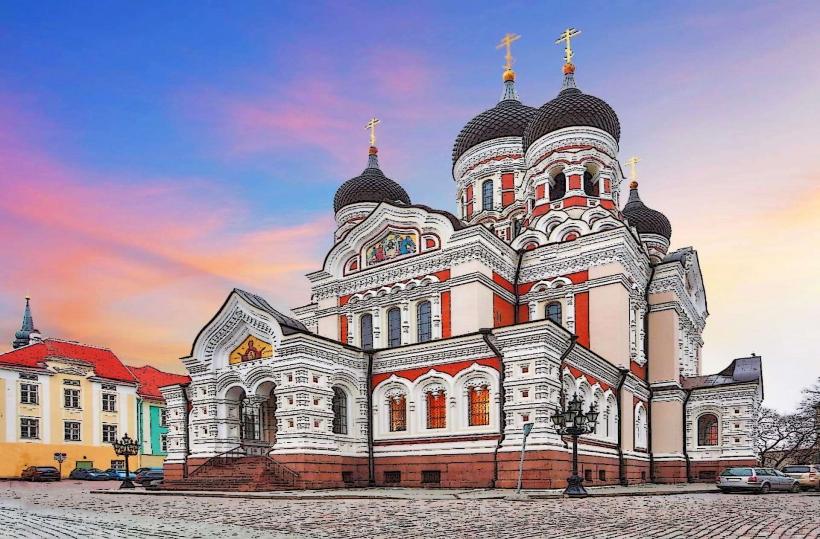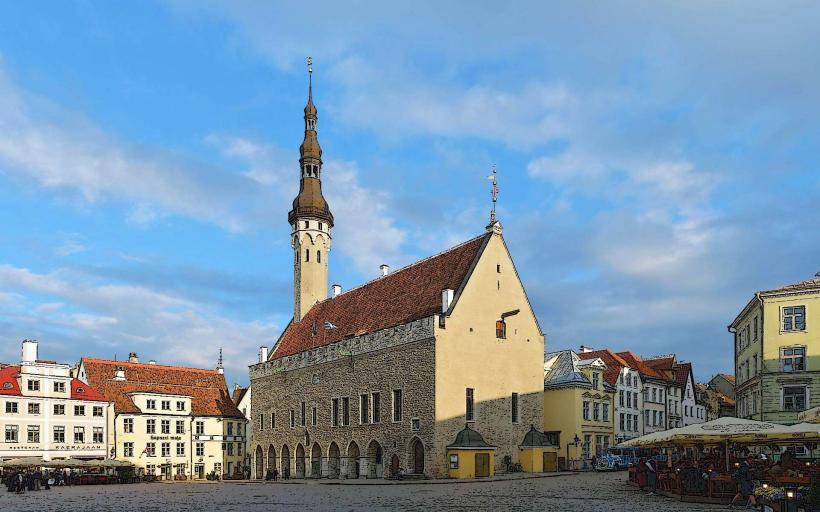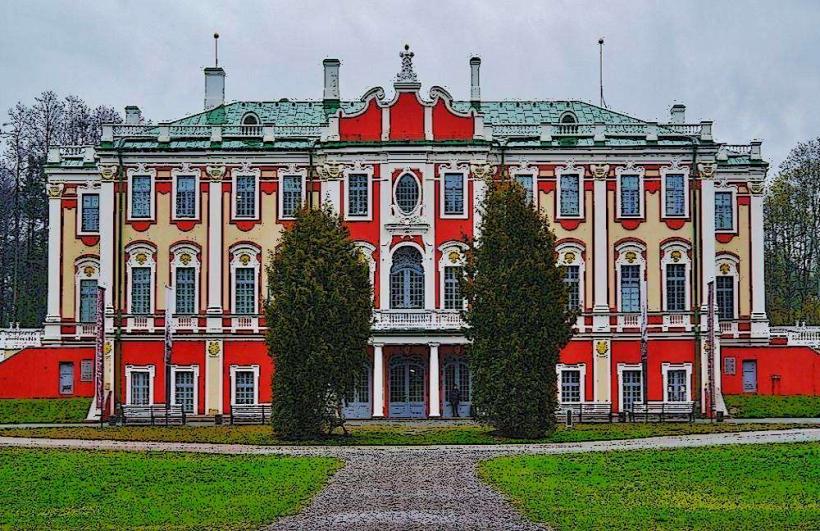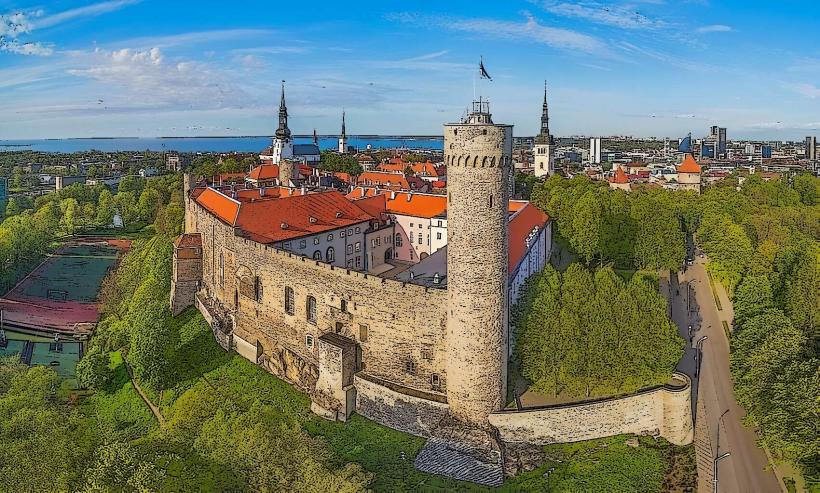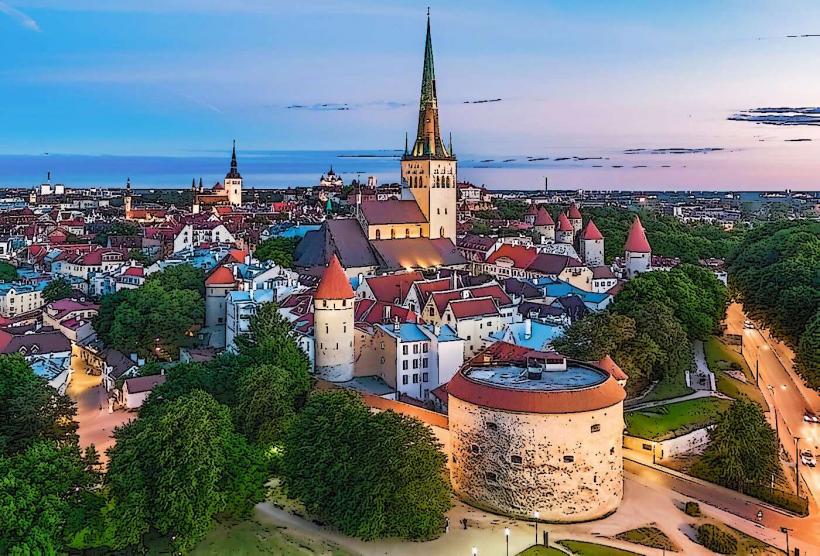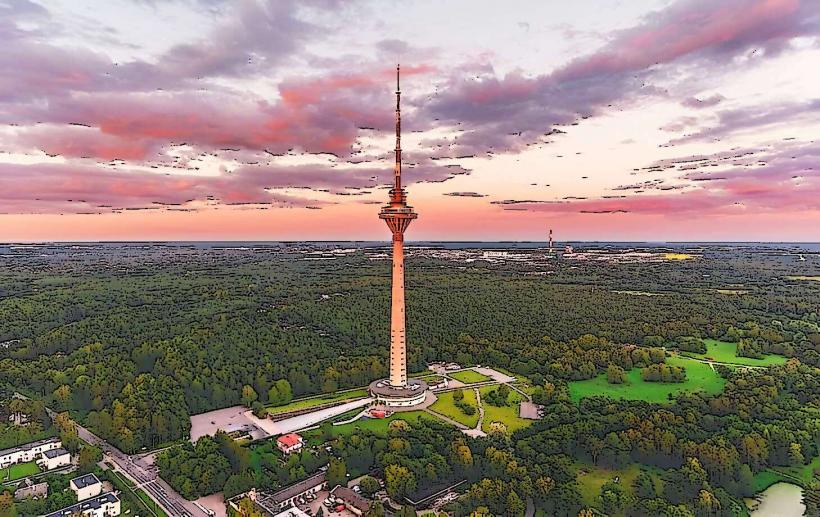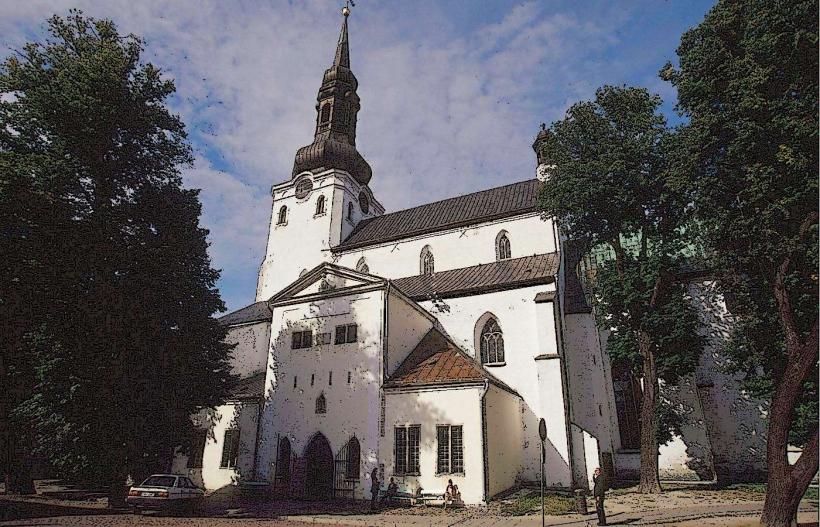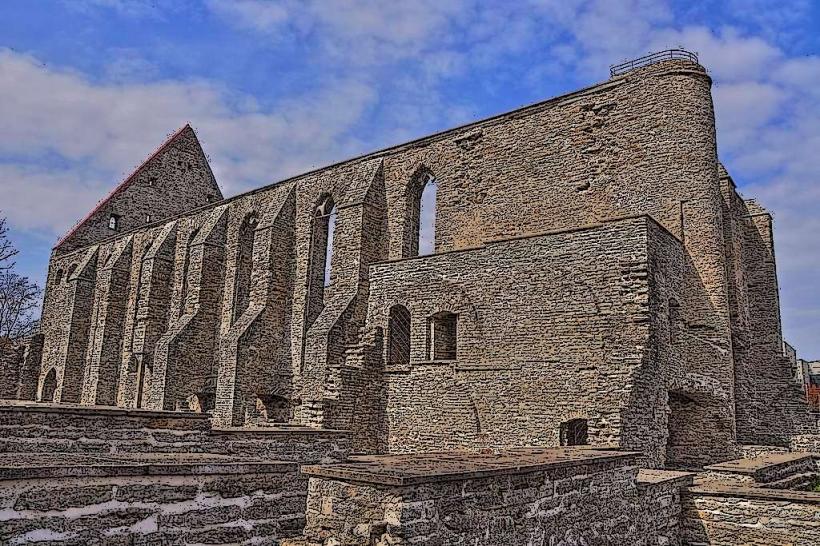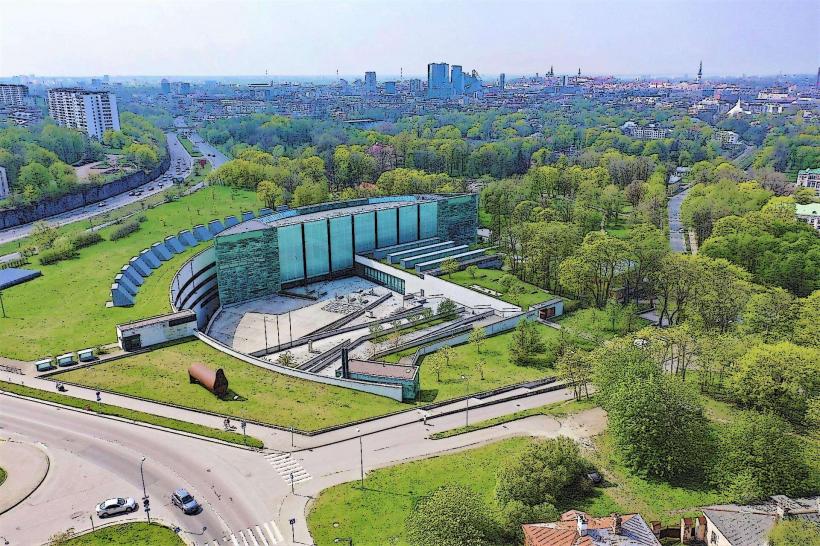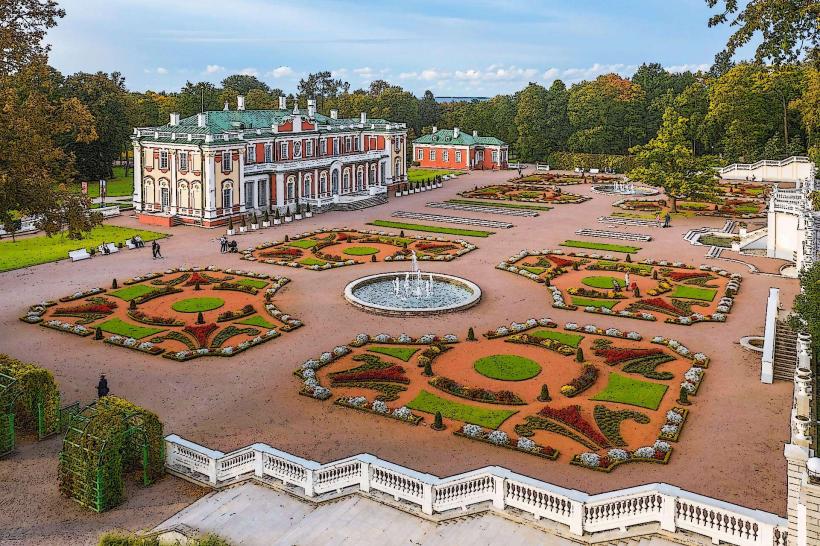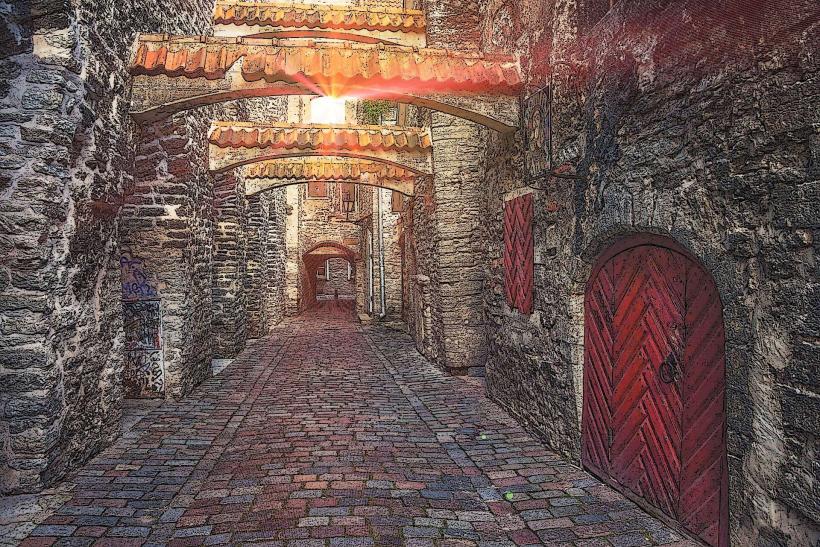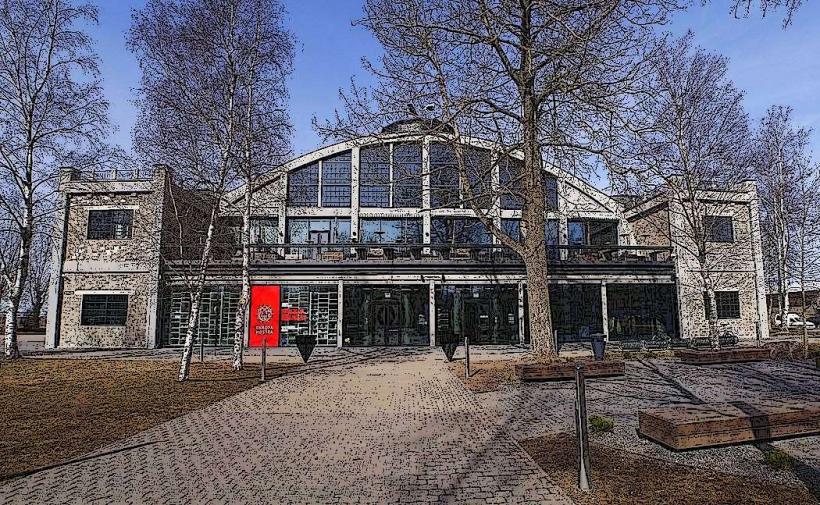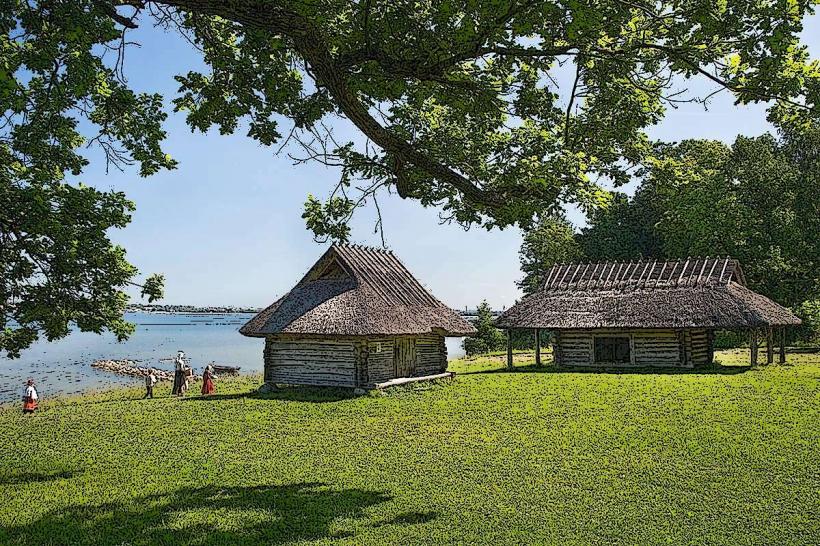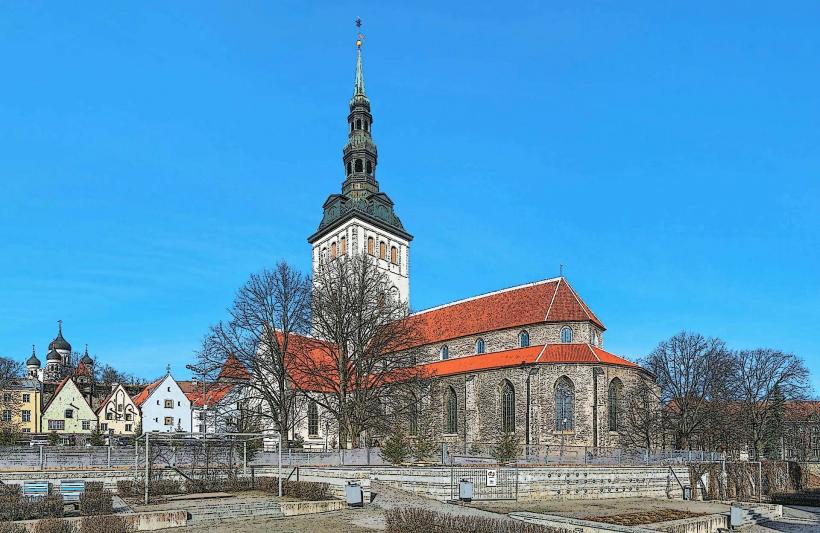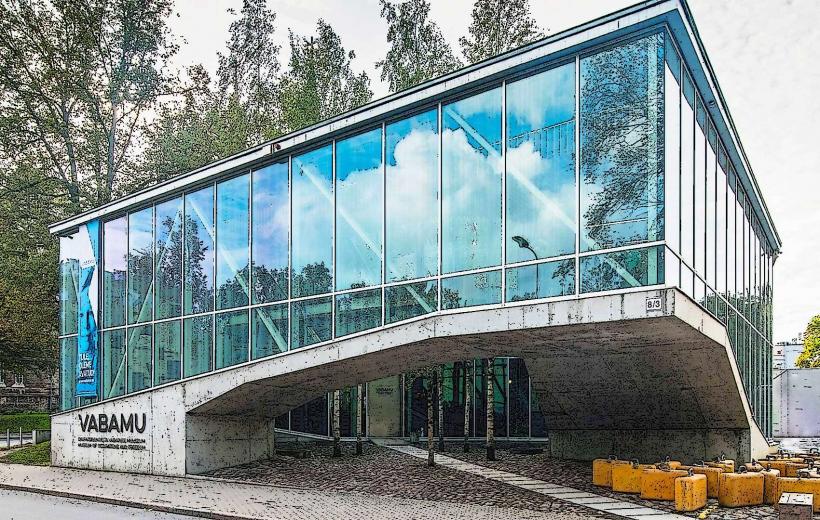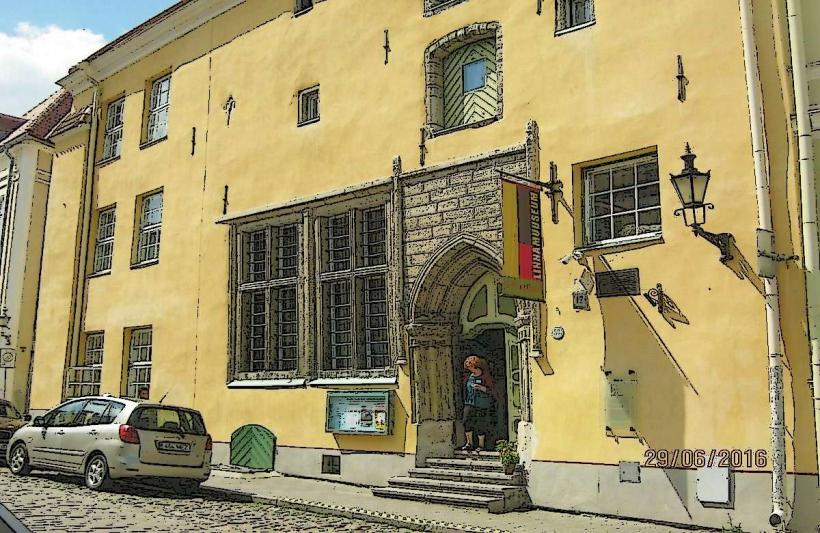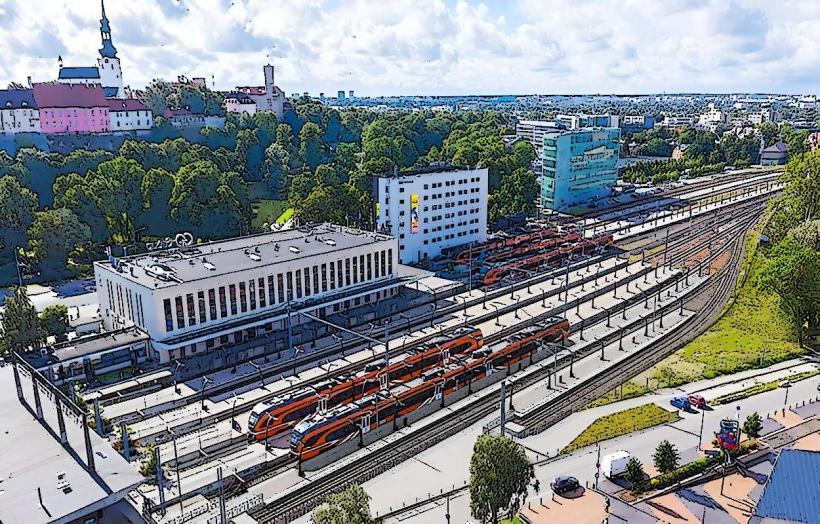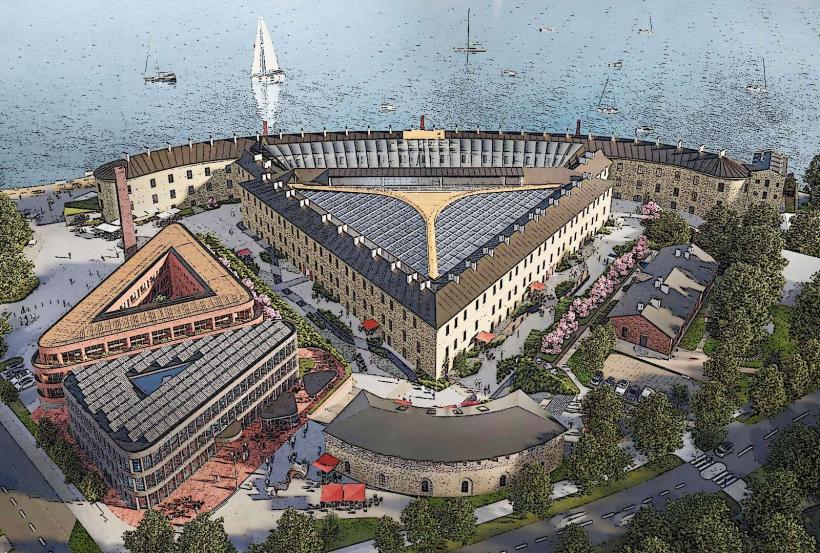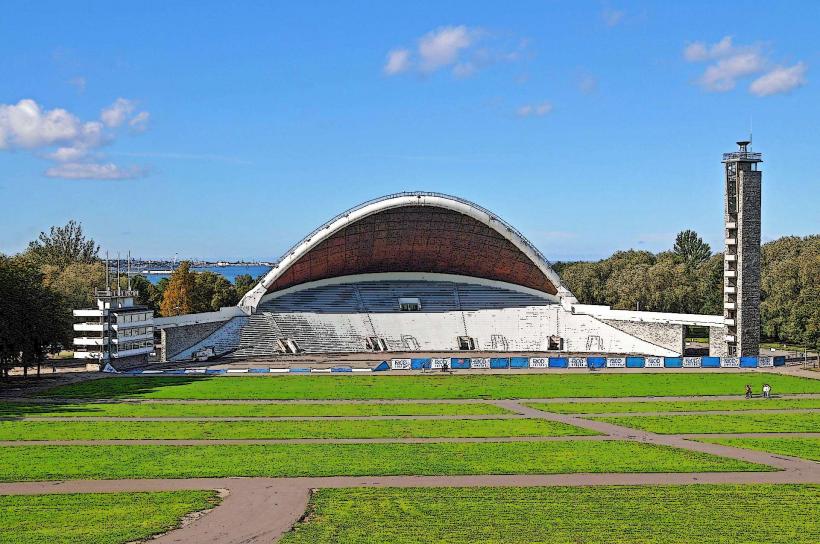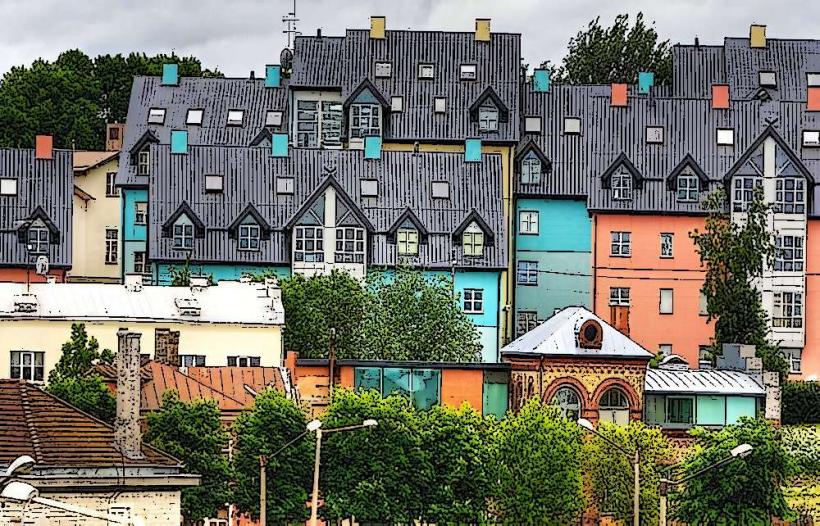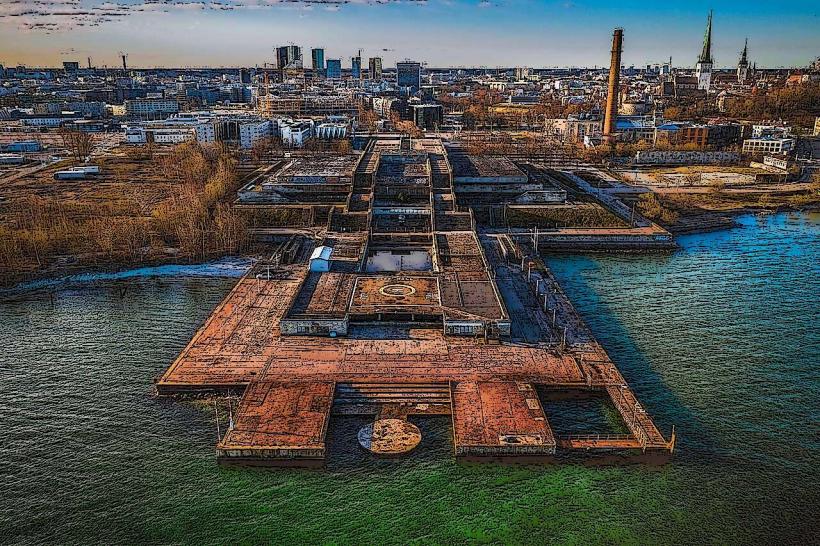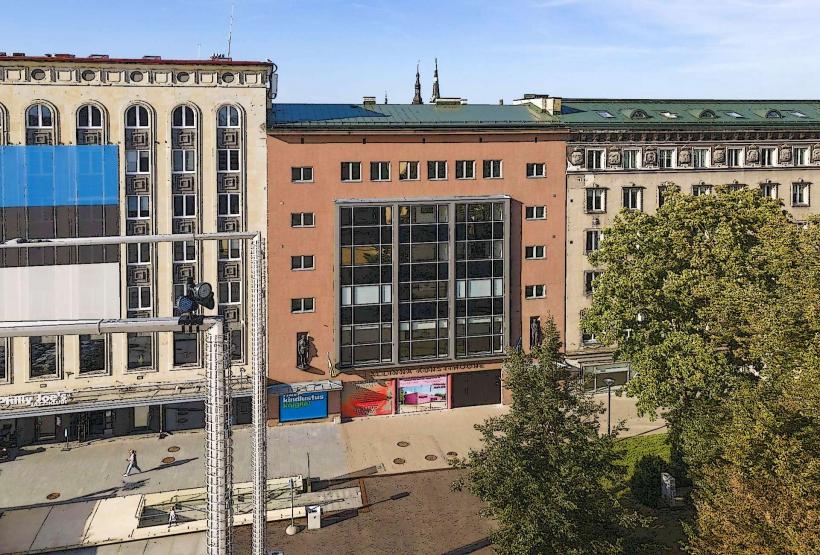Information
Landmark: Pae ParkCity: Tallinn
Country: Estonia
Continent: Europe
Lauluväljak (Song Festival Grounds) is one of the most iconic and culturally significant sites in Tallinn, Estonia. Located along the waterfront of Pirita, this expansive outdoor venue has been central to Estonia’s national identity and cultural heritage for over a century. It is primarily known for hosting the Estonian Song Festival (Laulupidu), a massive choral event that brings together thousands of singers from all over the country to celebrate Estonian music, traditions, and national pride. Here's a detailed look at Lauluväljak:
Historical and Cultural Importance
Origins and Early History:
- The Song Festival Grounds were inaugurated in 1959, but the Estonian Song Festival itself dates back to 1869 when the first festival was held in Tartu. This choral tradition quickly became an essential part of Estonian culture, symbolizing unity and national identity. The grounds were built to accommodate the growing popularity of the event, which by then had evolved into a large-scale, multi-day festival.
Role in Estonia's Independence:
- Lauluväljak has played a key role in the restoration of Estonian independence in 1991. During the Singing Revolution (1987-1991), the grounds were used as a central gathering place for mass demonstrations and performances that united the Estonian people in their desire for independence from the Soviet Union. Music and song became powerful tools in the fight for national sovereignty, with the Song Festival Grounds being a symbol of peaceful resistance.
Symbol of National Unity:
- Today, the Song Festival Grounds are not only a location for the Song Festival but also a powerful symbol of Estonian culture, unity, and independence. The venue is a gathering point for celebrations, public events, and national holidays, particularly when the nation marks significant historical anniversaries or political milestones.
Song Festival and Performances
The Estonian Song Festival:
- The Estonian Song Festival (Laulupidu) is held every five years at the Lauluväljak. This mass choir event brings together tens of thousands of singers from across Estonia, representing every corner of the country. The festival typically features large-scale choral performances of traditional Estonian folk songs, classical music, and contemporary compositions.
- The opening ceremony of the Song Festival is a magnificent spectacle, where the audience and performers sing together in harmony, creating an atmosphere of solidarity and national pride.
Capacity and Layout:
- The Song Festival Grounds are designed to accommodate thousands of people. The main stage is located in front of a massive amphitheater where the audience can sit and watch the performances. It is estimated that the festival can host over 100,000 people, making it one of the largest choral festivals in the world.
- The venue has a wide, open field, allowing ample space for large-scale performances, parades, and concerts. The acoustics of the area are particularly suited to choral performances, with the natural landscape providing an excellent backdrop for the sounds of music.
Other Cultural Events:
- While the Song Festival is the highlight, the Lauluväljak is also used for a variety of other events, such as classical music concerts, pop and rock performances, and festivals celebrating different aspects of Estonian culture. The grounds are often a site for national holidays, including Independence Day and Victory Day celebrations.
- The venue hosts occasional international events, including concerts and festivals, showcasing a range of genres from classical to contemporary music.
Architectural Features
Main Stage:
- The Song Festival Grounds feature a grand open-air main stage, designed to accommodate large choirs and orchestras. The stage is typically set against a backdrop of beautiful natural surroundings, including views of the Pirita River and the Tallinn skyline.
- The stage itself is vast and is known for its ability to host large-scale performances with tens of thousands of participants.
The Song Festival Monument:
- In addition to the main performance areas, the Song Festival Grounds also feature a significant monument dedicated to the Estonian Song Festival tradition. The monument consists of several large stone figures, symbolizing the unity of the Estonian people through song and music. The monument is an iconic landmark and a reminder of the enduring importance of the Song Festival to the nation's identity.
Modern Enhancements:
- Over the years, the Song Festival Grounds have undergone several upgrades and modernizations, including improved seating arrangements, accessibility features, and infrastructure to support large audiences. The site is equipped with modern sound systems and lighting to ensure that performances are memorable and of the highest quality.
Cultural and Recreational Role Today
Popular Venue for Public Gatherings:
- Aside from the Song Festival, the grounds are used for various public events, including outdoor concerts, festivals, and even public viewing areas during major international sporting events. The open space is also used for picnics, outdoor yoga, and other community activities during the warmer months.
Tourist Destination:
- Lauluväljak is also a popular spot for tourists visiting Tallinn, particularly those interested in Estonian history and culture. The venue offers guided tours, providing insights into the significance of the Song Festival and its role in Estonia’s cultural identity.
- Visitors can learn about the history of the Singing Revolution and the powerful role that music and song played in Estonia’s peaceful push for independence from the Soviet Union.
Accessibility
Location and Public Transport:
- Lauluväljak is located in the Pirita district of Tallinn, near the sea and a short distance from the city center. It’s easily accessible by public transport, including trams, buses, and taxis, and is also within walking distance of other popular Tallinn attractions.
- The area around the Song Festival Grounds is also great for walking or cycling, with parks and green spaces offering a pleasant environment for visitors.
Visitor Facilities:
- The venue is well-equipped for large crowds, with ample parking, restrooms, and refreshment stalls available during events. The Lauluväljak area is also home to several cafés and restaurants, where visitors can relax before or after attending a performance.
Conclusion
The Song Festival Grounds (Lauluväljak) is not only a significant historical and cultural landmark in Tallinn, but also an enduring symbol of Estonian national identity. As the venue for the Estonian Song Festival, it has become a gathering place for millions of Estonians to celebrate their shared heritage, unity, and pride. Whether you're visiting during the festival or exploring the grounds at other times of the year, Lauluväljak offers a unique opportunity to connect with Estonia’s rich cultural traditions. The site stands as a testament to the power of music and the profound impact it has had on the Estonian people throughout their history.

